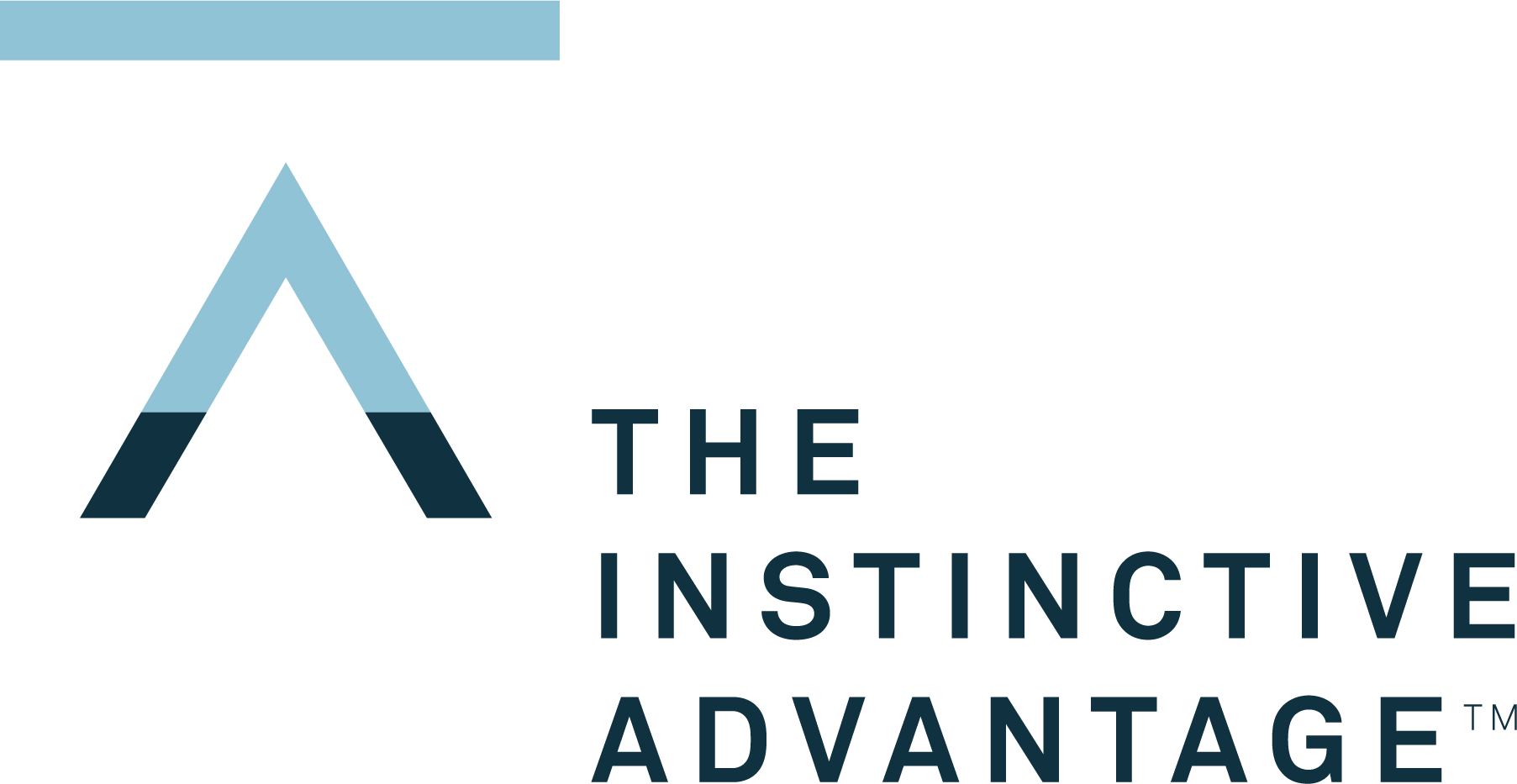Let's be Humans First: Learnings from my Master Class with Kathy Kolbe
Kathy Kolbe is an entrepreneur, best-selling author, educator, and the founder of Kolbe Corp. She has a charming, completely superior personality, and is widely known for developing the Kolbe Method. In February, I flew down to Arizona to take one of the Master Classes she is offering.
Spending two days with Kathy helped me to gain even more knowledge on topics relating to human instincts and conation. Being the world's leading authority on this topic, Kathy talked extensively about instinct, the cognitive mind, the affective mind, and the conative mind. Let's explore these items further, highlighting what I learned during our two-day meeting.
Instincts are the Foundation
During the meeting, Kathy consistently referred to the “Three Parts of the Mind”: cognitive, affective, and conative. She went further to explain each of these categories and why it's essential for us to consider them while we are leading a growing organization.
The Cognitive Mind
This part of your mind describes your intelligence. It increases as you learn and it's constantly changing. The most basic form of testing this is through IQ tests. However, Kathy also believes that results only highlight a part of an individual's ability to learn, keep, and remember information.
The Affective Mind
Humans' affective strengths lie in their potential to use emotion well. Kathy explained that assessments like the Myers-Briggs Type Indicator evaluate an individual's reactions to situations and allocate a personality type that describes the emotional tools they use to get along, communicate, and grow in their daily life. Kathy Kolbe also mentioned that just like the cognitive mind, the affective mind constantly changes, offering your situations and experiences.
The Conative Mind
The conative mind consists of instincts and innate features that describe your “MO” - or mode of operation. When you work in your normal style, you will be more comfortable, productive, and successful. "Although I didn't create the conative mind, I have come to learn and understand how it works and how best to evaluate it," Kathy Kolbe added.
She also said that she figures out individuals' instinctive strengths, defines them, examines how they align with people and tasks, and provides real solutions by putting them to practice. To summarize, conation propels the action, while the action propels performance. Before you understand how you or your team achieve high performance, you must first understand the conative mind and how it functions.
While other decades-old philosophers have explored the existence of conation, Kathy was the first to pick out its main attributes and describe how to best analyze them.
My Main Takeaway
Although all that Kathy talked about during our two-day meeting was important, there were a few things that really got my attention, and I’d like to share them with you. Below are my key points from my amazing time with Kathy.
Each Of Our Emotions Matter
The first point was the reminder that emotions matter. The manner in which humans interpret and respond to other people's feelings has a great impact on their choices, behavior, and how they get through life. This means that we need to be human first. Think about your daily feelings from astonishment to shame, excitement to empathy, and how you respond to various emotions.
We need to consider how our affective mind hurts or helps us (or hurts or helps our team). Remember an individual's affective strength lies in the person's ability to use emotion effectively. This also implies that we all need to be considerate of variables of emotion in our workplaces.
We Need To Break Down Barriers Of Tradition
The meeting also opened my eyes to the reality that we need to actively break down barriers of tradition within our organizations. No longer can we operate within the concept, “we've always done things this way.” So, it’s important to rethink things such as:
How we hire.
What our team’s responsibilities look like.
What the workspace environment is.
And much more…
Organizations that are willing to break down these barriers of tradition are seeing their most productive outputs, and the happiest, most-connected teams they’ve ever had.
Our Energy Is Finite
We have a limited amount of energy, but the question is what do we do with the available energy we have? We have to divide our energy among the tasks that matter to our organization, so we can stay on top of our game, and keep our teams productive. This is the great equalizer.
During our two days together, Kalthy reminded us that it's critical to consider our breaking point and that of our team members as well. The reality is that we will all experience moments of high and low energy, and because of this, we must learn how to best protect and enhance the energy we do have (and learn how to best refuel our energy). Kathy mentioned the importance of organizations seeking our ways to empower their team’s energy, keeping them functioning at their very best.
Ultimately, my time with Kathy has reminded me that it’s important to lead your organization with a human-centric perspective. When we value the desires, emotions and instincts of others, our teams are set up to thrive.
Remember, let’s be humans first, business-people second.
